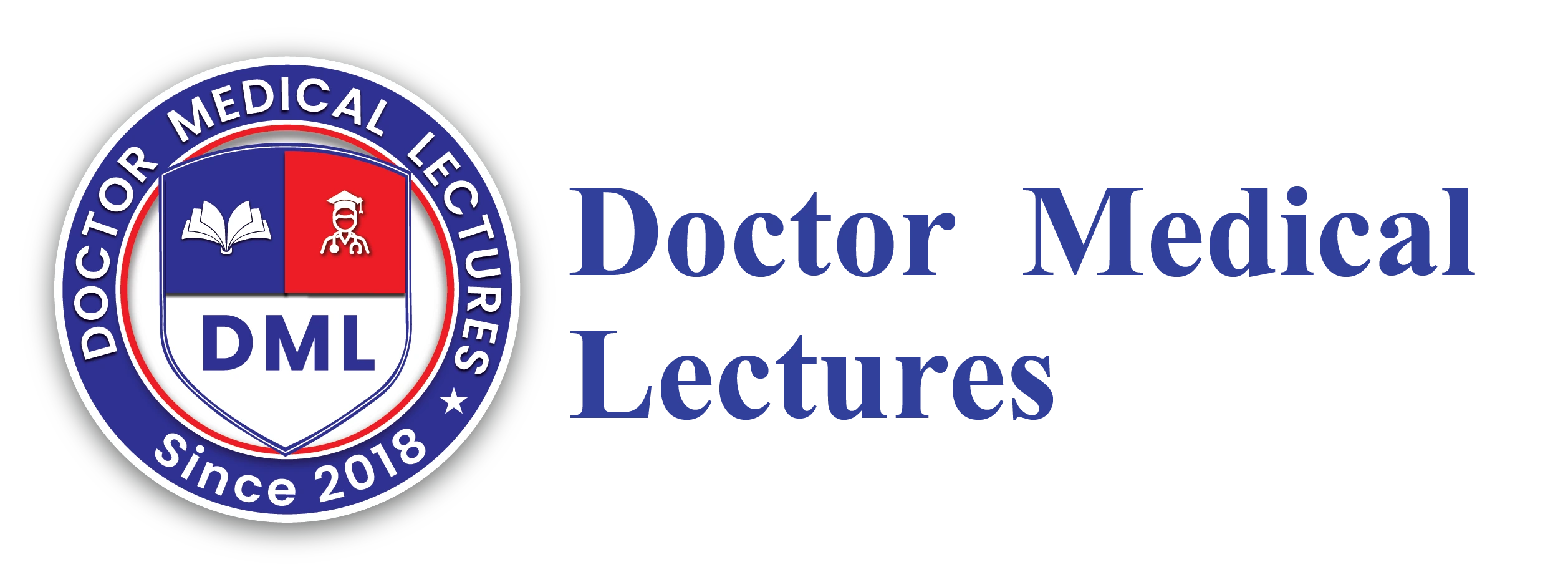Introduction
The journey to becoming a licensed doctor in the United States begins with a challenging milestone known as the United States Medical Licensing Examination Step 1. The test forms the foundation of your medical career because. It evaluates how well you understand basic medical sciences and how you apply that knowledge in clinical settings. Preparing for Step 1 is not easy, but resources like the USMLE Step 1 Qbook have helped thousands of students worldwide gain confidence and achieve success.

Many candidates feel anxious about the overwhelming syllabus, the difficulty of questions, and the pressure of performing well. This is where the Qbook becomes a reliable companion. By offering practice questions similar to the real exam, the Qbook allows you to identify your weaknesses, sharpen your test-taking strategies, and boost your readiness. In this article, we will explore what makes the USMLE Step 1 Qbook an essential tool, how to use it effectively, what the exam costs, and the answers to the most common questions students ask when preparing for Step 1.
Understanding What the USMLE Step 1 Qbook Provides
The USMLE Step 1 Qbook is a comprehensive question bank published by Kaplan Medical, designed to offer students a practical way to test their knowledge. Instead of passively reviewing content, the Qbook pushes students into active recall, forcing them to engage with medical concepts under exam-like pressure. The format mirrors the multiple-choice structure of the official exam, which means each practice session feels authentic.
The Role of Qbook in Modern Exam Preparation
In today’s competitive landscape, no single resource is enough for mastering Step 1. However, Qbook holds a unique place because of its emphasis on applied practice. Many students rely on review textbooks such as First Aid for the USMLE Step 1, lecture notes, and online question banks like UWorld. Yet Qbook offers something slightly different: it blends structured offline practice with detailed rationales. This is particularly useful for those who prefer a balance between digital tools and traditional study methods.
Why USMLE Step 1 Qbook Remains Relevant for Students
The landscape of medical education is constantly evolving, and new platforms appear every year. Despite this, the USMLE Step 1 Qbook continues to maintain its relevance because it provides structured repetition, exposure to high-yield concepts, and a physical medium for active learning. Many students find that switching between screen time and printed practice helps prevent burnout. Furthermore, the publishers have updated the Qbook over the years to align with changes in exam patterns, ensuring that the practice material stays reliable. Another reason it remains important is that it provides a different style of explanation compared to online banks, reinforcing understanding through variety.
How Qbook Helps Build Exam-Day Confidence
Confidence on test day comes from familiarity with both the format and the style of questions. The Qbook allows students to experience hundreds of multiple-choice questions arranged by subject, closely reflecting the exam’s clinical emphasis. By repeatedly practicing, students develop a rhythm for analyzing stems, spotting distractors, and applying knowledge efficiently. This process minimizes panic when facing the real exam. Moreover, the rationales included after every question train the mind to anticipate common pitfalls, which significantly reduces careless mistakes. For many students, this mental training becomes as valuable as memorizing content itself.
Comparing USMLE Step 1 Qbook with Online Question Banks
One common debate among test takers is whether Qbook adds value when online banks like UWorld or AMBOSS exist. The answer depends on learning style. Online banks provide performance analytics, timed modes, and adaptive feedback, which can be powerful. However, Qbook offers the advantage of offline flexibility, allowing students to study without screen fatigue. It also delivers a curated set of questions that cover all essential disciplines in a balanced manner.
Some students use Qbook early in preparation to build a foundation before moving to intensive online question banks. Others keep it as a supplementary resource during revision. Considering the high USMLE Step 1 cost, students often appreciate that Qbook offers substantial value at a fraction of the price of premium online subscriptions.
Structuring a Study Plan with USMLE Step 1 Qbook
To maximize the potential of Qbook, students should integrate it into a larger strategy rather than using it in isolation. A practical approach begins with subject-based practice. For example, after reviewing cardiovascular physiology from First Aid, working through the corresponding Qbook section can reinforce retention. As the exam date approaches, shifting to mixed practice sets builds stamina for the integrated style of Step 1. Reviewing explanations thoroughly is equally important, as skipping rationales undermines the purpose of the resource. Some students also use Qbook to simulate mini-exams by setting time limits, which improves pacing. When paired with review books and other question banks, Qbook becomes a central pillar in a balanced study schedule.
USMLE Step 1 Cost and the Value of Qbook in Preparation
The USMLE Step 1 exam itself requires a significant financial commitment. As of recent updates, the registration cost for international students exceeds $1000, with additional fees for scheduling, eligibility extensions, and travel expenses for those taking the exam outside the United States. Given this heavy investment, using effective study resources becomes even more critical. While Qbook may represent an additional expense, it is relatively minor compared to the overall USMLE Step 1 cost. Students often view it as an insurance policy, improving their chances of success on the first attempt and avoiding the financial and emotional strain of retaking the exam.

Long-Term Benefits of Practicing with Qbook
The advantages of Qbook extend beyond Step 1. The skills developed in analyzing multiple-choice questions carry forward into Step 2 CK and even residency program assessments. Many residency interviews place emphasis on how candidates approached their licensing exams, and strong Step 1 performance remains a talking point despite recent shifts toward pass-fail scoring. Moreover, the habit of practicing actively through question-based learning becomes a lifelong asset for board exams and continuing medical education requirements. In this way, Qbook is not only a preparation tool but also a training ground for the mindset required throughout a medical career.
Common Mistakes Students Make When Using Qbook
Despite its strengths, Qbook can be underutilized if not approached strategically. One mistake is treating it as a passive reading material instead of an active testing tool. Another is focusing only on getting the right answers rather than understanding the rationales. Some students rush through chapters without analyzing patterns of mistakes, which limits progress. Additionally, using Qbook too close to the exam date without sufficient review can cause unnecessary stress. The most effective approach involves spreading out practice sessions, reflecting on errors, and integrating feedback into further study.
Conclusion
Preparing for USMLE Step 1 requires discipline, focus, and the right tools. The USMLE Step 1 Qbook stands out as a proven resource that trains the mind for the actual testing environment. Its structured practice questions, detailed explanations, and offline flexibility make it a powerful supplement to primary resources like UWorld and First Aid.
While the USMLE Step 1 cost is undeniably high, investing in effective preparation tools such as Qbook can be the difference between passing on the first attempt or facing the stress of a retake. Students who integrate Qbook into a comprehensive study plan give themselves a strategic advantage. If you are serious about excelling in Step 1, now is the time to explore Qbook and start building the confidence you need for exam day.
FAQs
Q1.What is the USMLE Step 1 Qbook used for?
The Qbook is designed to provide medical students with practice questions that simulate the real Step 1 exam, helping improve recall, reasoning, and pacing.
Q2.Is the USMLE Step 1 Qbook enough for preparation?
No, Qbook is best used alongside other resources such as First Aid, UWorld, and lecture notes. It is a strong supplement but not a complete replacement.
Q3.How does the Qbook compare to online banks like UWorld?
Qbook provides offline practice with detailed explanations, while UWorld offers adaptive feedback and analytics. Many students benefit from using both together.
Q4.Does using Qbook really help improve scores?
Yes, consistent practice with Qbook strengthens test-taking skills, reduces anxiety, and reinforces content, which can translate into better exam performance.
Q5.What is the cost of USMLE Step 1 and how does Qbook fit in?
The exam costs over $1000 for international students, while Qbook is a much smaller investment. Considering the stakes, many find it a worthwhile addition.
